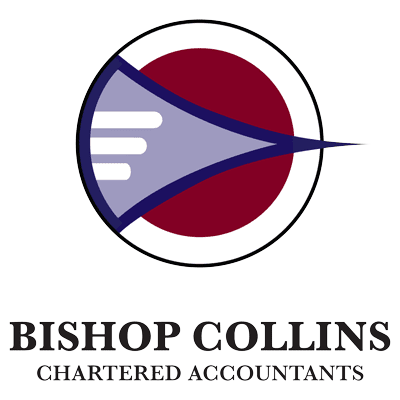
AASB-15 Revenue Changes
What does this new standard mean for Not For Profit entities?
AASB-15 Revenue from Contracts with Customers is the new revenue standard applying to Australian entities. The Australian regulator, ASIC, has advised companies this standard represents the most significant change to financial reporting since the introduction of International Financial Reporting Standards (IFRS) in Australia in 2005.
From the 1st January 2018, the new revenue standard applies to contracts “with customers”. However, it does not apply to other contracts such as lease and insurance contracts.
The aim of these changes is to ensure that international and Australian financial reporting guidelines will be interchangeable and revenue will be recognised in the same manner under both standards.
The new standard introduces a five-step process for revenue recognition, as well as guidance for entities in their application of the standard.
This five-step process is as follows:
- Identify the contract with the customer;
- Identify the performance obligations in the contract;
- Determine the transaction price;
- Allocate the transaction price to each performance obligation; and
- Recognise revenue when (or as) each performance obligations are satisfied.
My organisation is a not-for-profit (NFP) – Are we affected by AASB-15 Revenue Changes?
Yes. Under the new model, an NFP must first consider whether AASB 15 Revenue from Contracts with Customers applies to a transaction or part of a transaction the NFP will be involved in. Some examples of transactions this might apply to services in:
- home care,
- Aged care,
- Disability support,
- Transport,
- Grants for the construction or acquisition of non-financial assets (e.g. Buildings),
- Certain donations,
- Peppercorn leases.
In relation to the last three examples, not-for-profits may need to consider the requirements of AASB 1058 Income of Not-for-Profit Entities.
The Grey Area of AASB-15
In order for the changes to apply to any transaction, step 2 of the changes, “Identifying the performance obligations in the contract” needs to be deemed sufficiently specific and enforceable.
Why is it a “grey area” you ask? This would be because determining what is “sufficiently specific” and “enforceable” is a matter of judgement, with regards to the facts and circumstances of each transaction.
Organisations, including NFP’s, will be required to maintain detailed policies in regard to how this judgement was determined.
How might your organisation be affected by AASB-15 changes?
The effects of AASB 15 changes will be different for each organisation. Some financial and operational impacts to consider may include:
- The amount of revenue recognised and the timing of this recognition
- Changes to systems, processes and controls;
- Accounting processes and internal controls;
- IT systems may require a change to accommodate new information requirements, allocation methods and account categories;
- Financial reports will need to disclose new judgments and potentially sensitive information; and
- Extensive new disclosures will be required in the financial report.
Organisations will also need to adopt a transition phase when implementing the changes to the AASB 15 to their current financial report. This can be either a:
- Retrospective (i.e. full restatement of comparatives and disclosures); or a
- Cumulative (partial retrospective, recognised in equity in the current year).
The new standard applies greater emphasis on the disclosures in the financial report and ensures the preparation of this report has included these new standards in regards to revenue recognition. This will be inclusive of all revenue sources, whether this be derived from individuals (NDIS), other service providers (Brokerage), or Government Grants.
How can Bishop Collins help with AASB-15 Revenue Changes?
If you have read this far, you are doing well and you obviously have an understanding that these changes may affect the way your NFP prepares your end of year financial statements.
Bishop Collins can assist you to navigate your way through the detailed requirements of these new standards. We know it can be a complicated topic, but as experts in this field we can assist by:
- Providing training sessions to gain an awareness of the new standards;
- Facilitating contract reviews;
- Undertaking an assessment of the transition options; and
- Drafting accounting policies.
Contact us today on (02) 4353 2333 or email by using the form below, and one of our professionals will be in touch with you.

